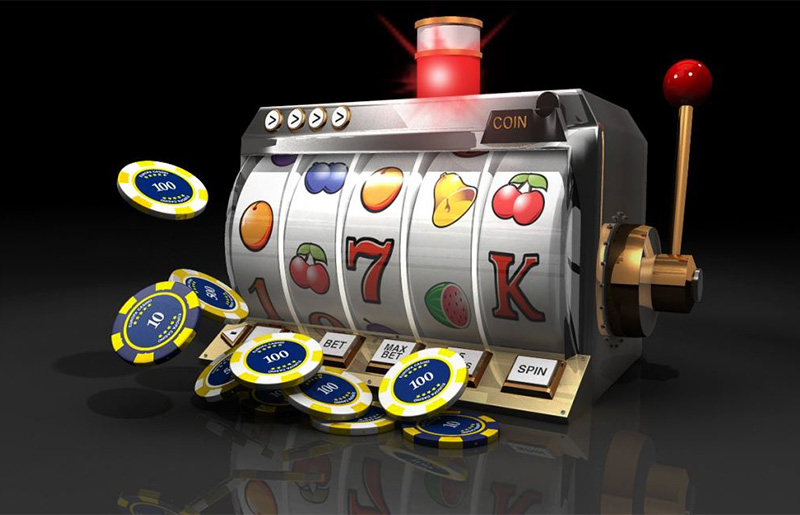Gambling is a game of luck and skill. This highly addictive activity has been around for centuries and has been shown to have a significant effect on the human brain. People with gambling addiction may face negative consequences such as financial loss, health problems, family problems, legal problems, and social isolation.
This article will take a look at some of the games that are currently considered gambling. It will also look at how these games have evolved over time and what they entail. The article will also look at the impact these games have on society, as well as the potential risks associated with playing them.
Gambling is a popular pastime that some people enjoy and others don’t. Many people around the world have been affected by gambling and it has become a global problem that needs to be addressed.
There are several games that can be classified as gambling, but the most common are lotteries and slot machines. Other games such as poker, roulette and blackjack are not considered gambling because they do not involve money or bets.
In the US, gambling is legal in every state except Mississippi. Some states also prohibit gambling with other people. Most gambling is governed by state or local ordinances that set out the rules for how it can be played and what types of bets can and cannot be accepted.
There is a growing number of video games that are considered gambling. Some examples of these games are based on loot boxes where players can buy random in-game items with real money. Others include a game in which the player bets on their luck in order to win the game, or even a game in which players bet on the outcome of other players’ actions.

Some people argue that these games should not be considered as games of chance because they do not involve real money and also offer the opportunity to win prizes through skill or luck. The debate about whether these games should be classified as gambling will continue for some time to come.
Gambling has been around for centuries and has been the subject of much debate among scholars, philosophers, and religious leaders about its morality and legality. Gambling was illegal in the United States until the Supreme Court legalized it in some states in May 1991.
Gambling is a game of chance in which players place bets on the outcome of an event, such as rolling dice or spinning a roulette wheel. The most common games that are considered gambling are slot machines, horse racing and lotteries. However, there are many other games that fall under the category of gambling.
Games have become a major source of entertainment in the 21st century. With the advent of online gambling, more and more people are starting to play games for money. The question is, what games are considered gambling? This article discusses how the US government categorizes games and highlights some of the popular games that fall under this category.
The US government classifies games as games of chance if there is a prize or chance to win a prize by playing or betting on them, and if you can win money or anything else of value from them (for example, if you can win points and then exchange them for prizes).


